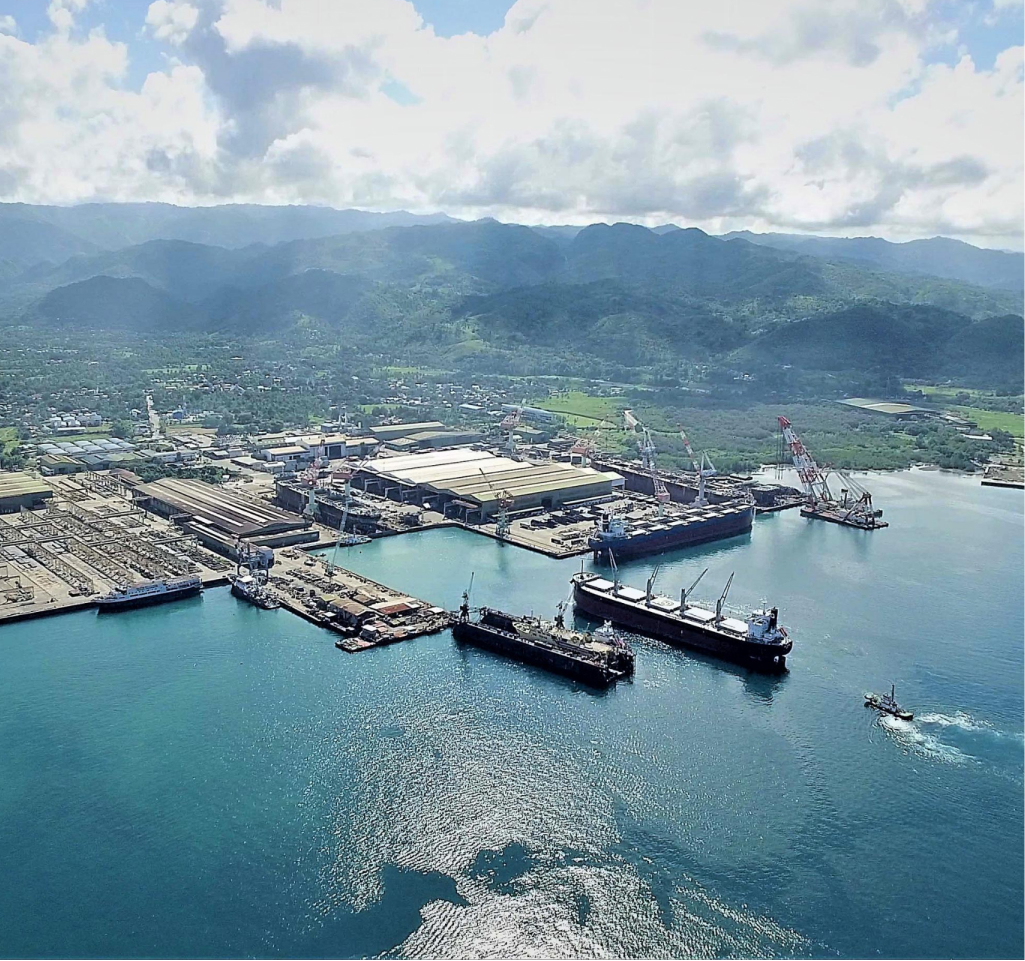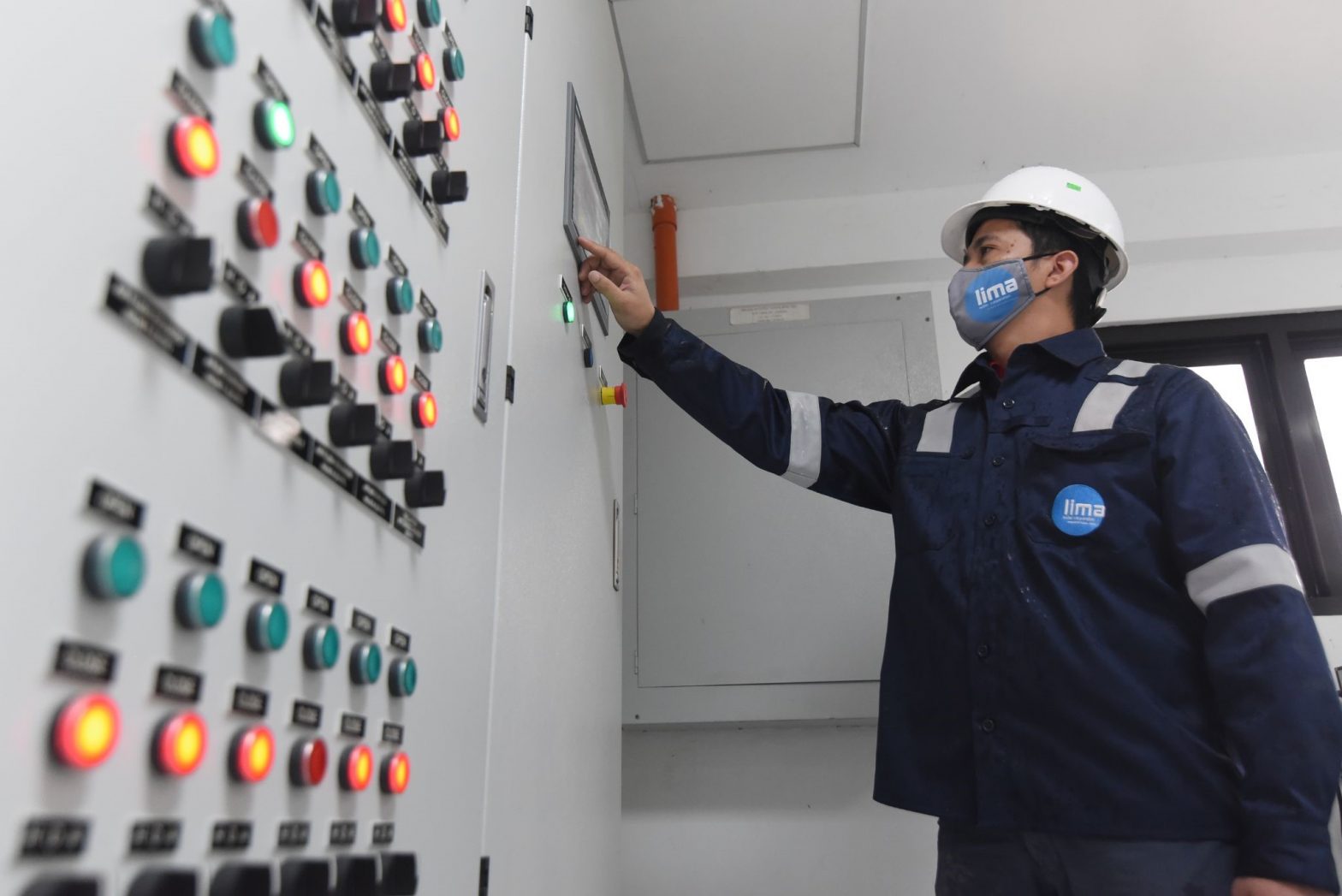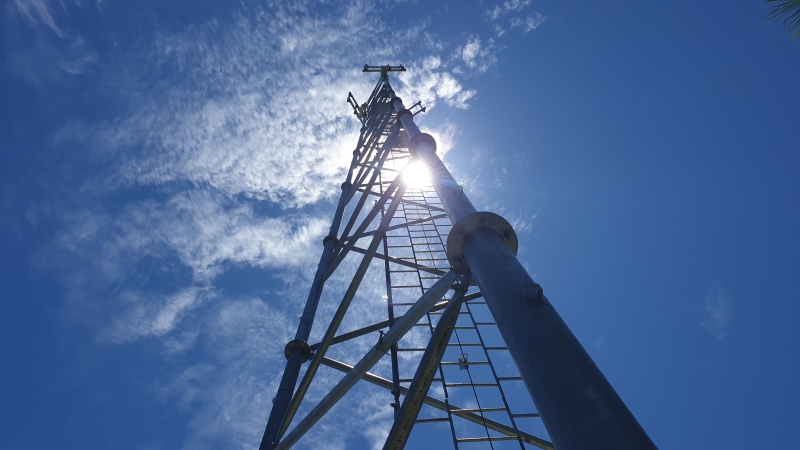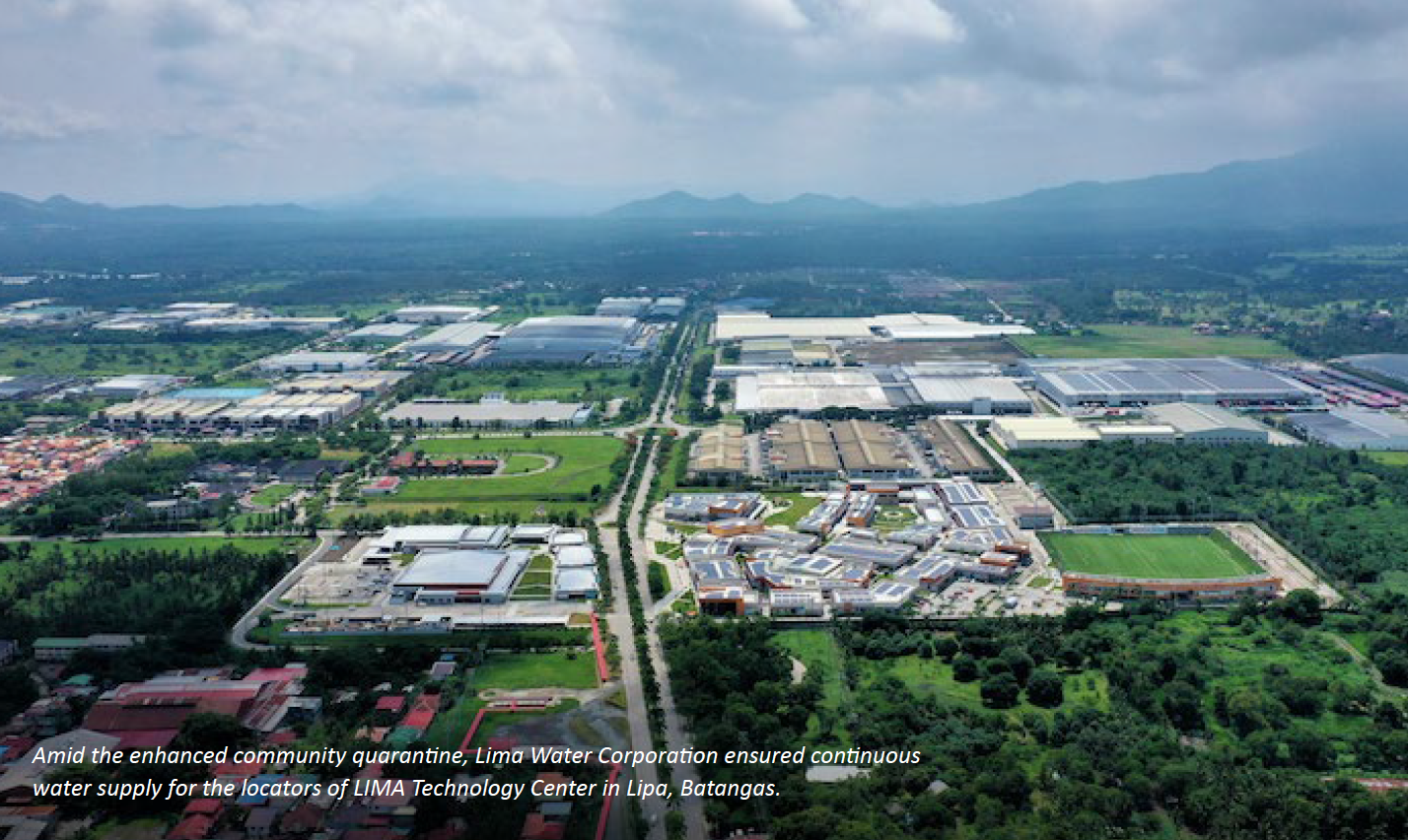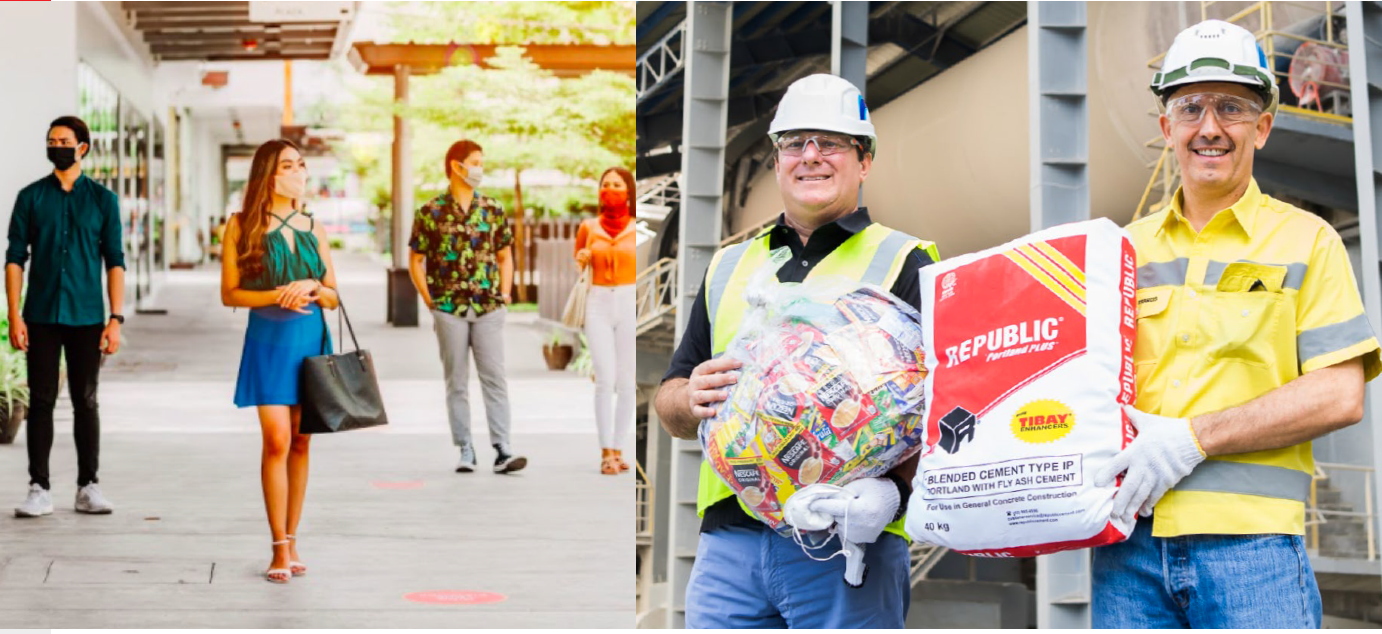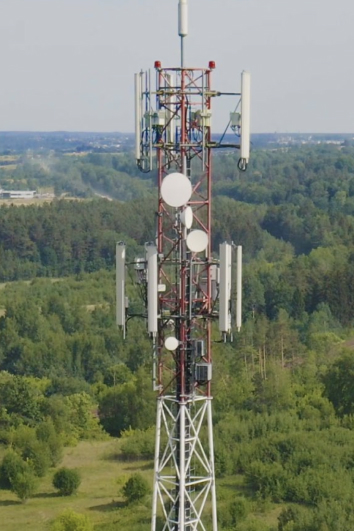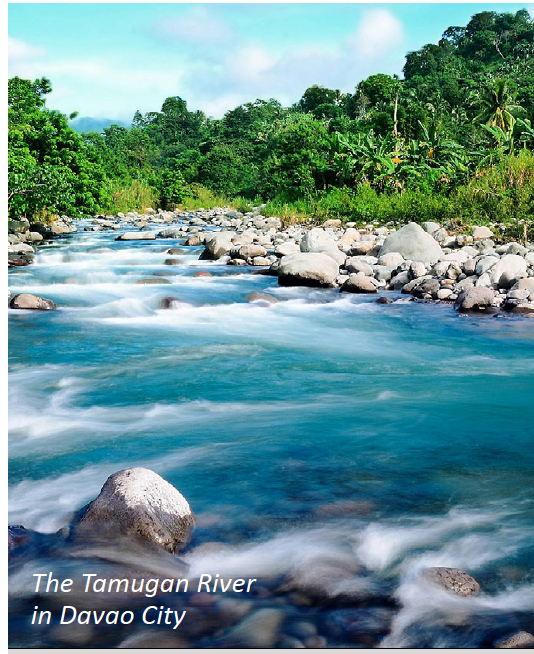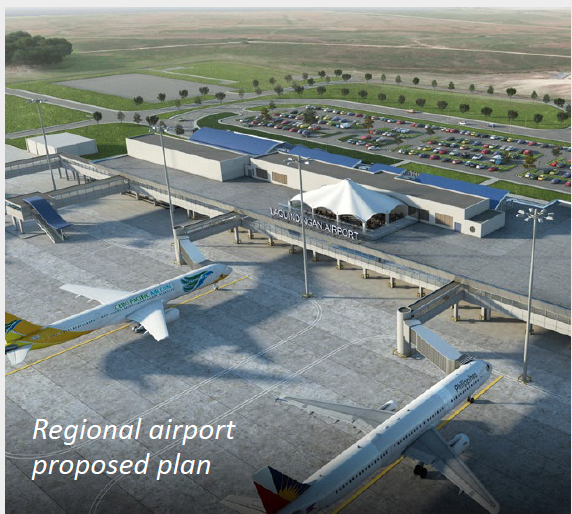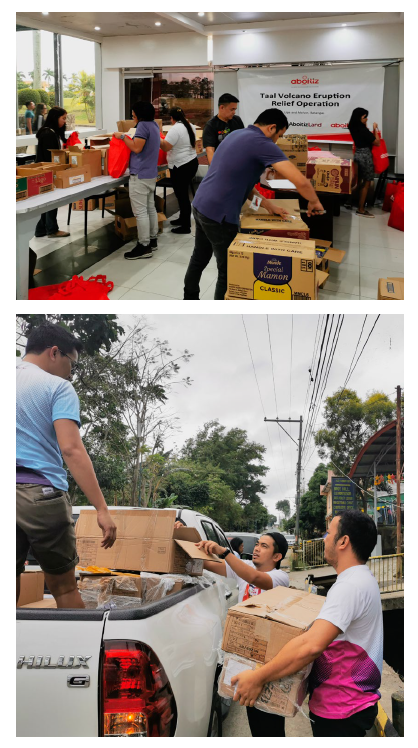Testing cement’s resilience
Construction was among the industries heavily affected by the COVID-19 crisis. Coming from a strong start in early 2020, construction activities in Luzon and parts of Visayas and Mindanao stopped for two months during the ECQ. Stricter health protocols and limited transportation availability also contributed to the slowdown. In response, Republic Cement has put in place rigid procedures to mitigate the spread of COVID-19 in the workplace. These include health screening, social distancing, sanitation of work areas, and strict observance of PPE.
Despite the challenges brought by COVID-19, Republic Cement completed and commissioned new mills, adding 2 million tons of capacity to its existing 7.5 MTPA (million tons per annum) capacity. We have also benefited from the kiln debottlenecking done in 2019, which improved cost competitiveness and reduced dependency on imported clinker.
To address challenges in waste management, we officially launched ecoloop, Republic’s resource recovery group. To date, ecoloop has partnered with more than 30 LGUs and FMCG companies, with a common goal towards promoting plastic neutrality in the Philippines.
Republic Cement remains focused on serving its key markets throughout the country with high-quality products, while improving efficiencies and reducing costs. Production costs remained in control following the implementation of operational excellence initiatives. In addition, Republic Cement has put in place several cost-cutting and cash optimization measures.
Looking forward, the construction outlook for 2021 is positive. The government is allotting a sizable chunk of the 2021 national budget for infrastructure. Various economists are also projecting the economy to bounce back and grow by over 6%. The economic recovery would drive demand for residential and non-residential segments. Downside risk pertains to the lingering effects of the pandemic on the economic activities, which would also impact construction demand.
Despite this, we will continue our record-breaking performance at Republic Cement in line with our commitment to meet the demands of the local building and construction industry. We will also continue to staunchly support the Philippine government’s Buy Lokal, Go Lokal! programs, as an industry leader and proud manufacturer of the country’s best quality cement used in building a safer, greener, and stronger Republic.
The next 10 years
Aboitiz InfraCapital has a clearer path forward as we head into 2021. While the pandemic impacted mobility and key industries including transport and retail, it presents a huge opportunity for digital infrastructure initiatives and the integrated economic centers to play key roles in the country’s economic recovery and sustainability. Water also remains a vital need for growing communities all over the country.
Our sights are set for the next 10 years. We will build on our water portfolio, further explore the exciting opportunities in digital infrastructure, pursue our transport projects, including our airport proposals, and expand our IECs. With our renewed focus and the support of our team members, we are confident that Aboitiz InfraCapital can steadily grow in 2021 and beyond.

